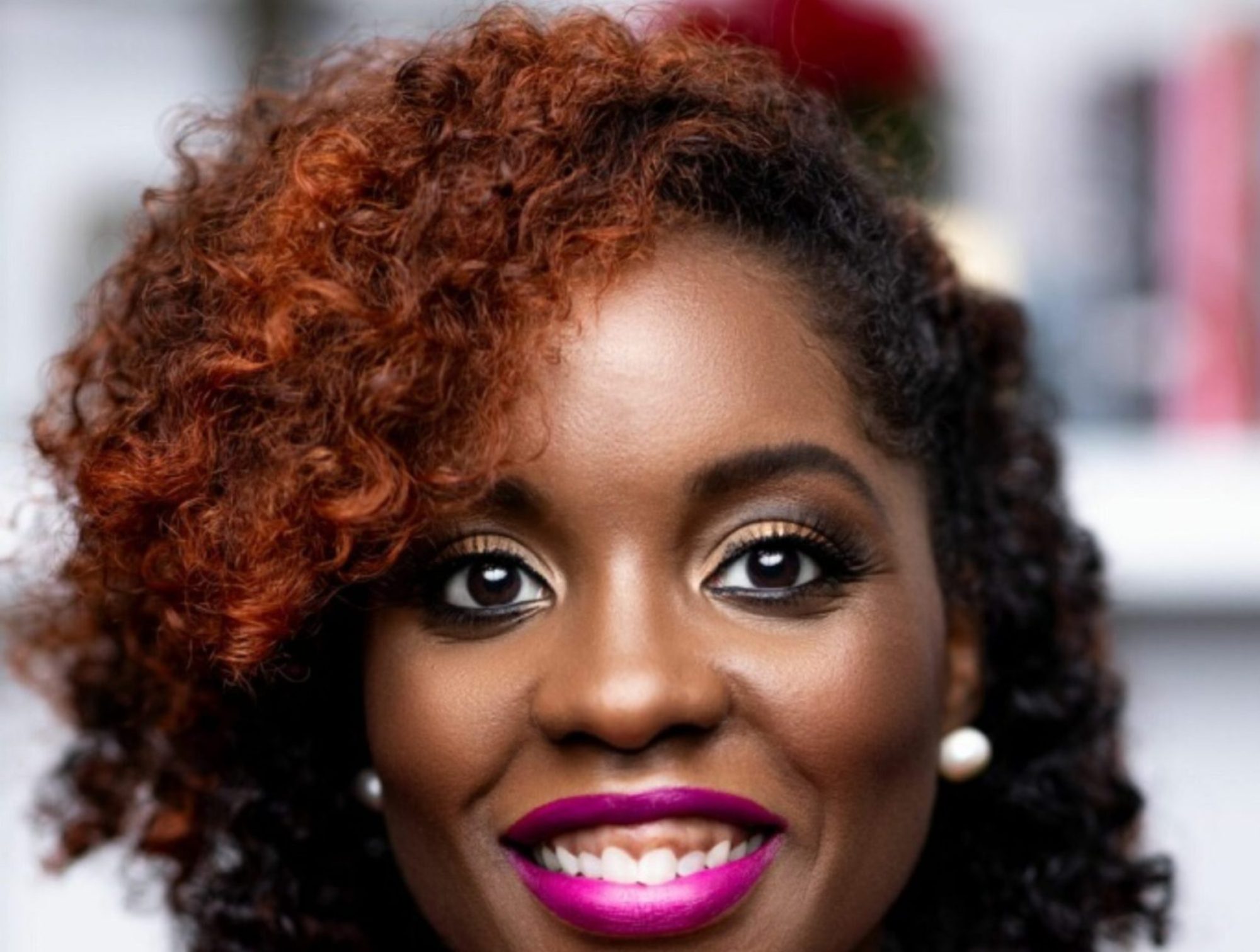Two days into breast cancer awareness month, I diagnosed my first breast cancer of the month. It was recurrence in one of my long time, favorite patients. Your favorite patients—it’s funny, they’re not always the ones that do the right thing. They just generally have personality traits that remind you of yourself, or your family members or friends. This one—she never does what I say. In fact, she only got this screening done because I happened to realize I hadn’t seen her in a while and reached out to fuss at her. Thank God I did. We caught it early. She’ll beat it. That, my friends, is why we screen. For that feeling of knowing that we will be able to save a life because we caught something early.

Who should be screened?
Different groups feel differently*, but we should begin discussing it around 40 (this will depend on personal risk factors) and most people should be being screened by age 50. By 75, or if someone is expected to live less than 10 years due to illness, there isn’t data to support that we are going to do more good than harm by continuing to screen.
How often?
American College of Physician recommends every 2 years if you are at average risk. At increased risk, or findings on mammography would change this recommendation.
With what?
Mammography. Clinical breast exams really aren’t quite as good as mammography and are prone to false positives and over testing. Home breast exams are similar, though I always encourage women to know their bodies well.
Truthfully, there are two sides to every coin. And there are both risks and benefits of every treatment, every screening. It’s why these recommendations are so confusing. Every group is trying to make sense of them. And since you may or may not have had the opportunity to have this talk with your physician, I’ll share some basics here, from the information I learned from the American College of Physician Guidance Statement on Breast Cancer Screening in Average Risk Women released earlier this year.
Average risk patients are between the age of 40-74. Things that change your risk include:
- history of breast cancer or high risk lesion
- history of known genetic risk (meaning genetic testing, not remote family history) with testing showing you are a carrier of a known gene that increases your risk
- radiation exposure to the chest in childhood
- The thought is that increased breast density may increase risk a very small absolute amount that may or may not be clinically relevant.
Things that do not increase your risk
- Early menarche (onset of menstrual period)
- Late menopause (stopping of menstrual period)
- Long term contraceptive (birth control) use
- Menopausal hormone therapy
What are the benefits of screening by age?
The US Preventative Task Force Services conducted a study that states that mammography has reduced the number of deaths due to breast cancer by age group as below:
40s: 3 per 10,000 women screened in 10 years
50s: 8 per 10,000 women screened in 10 years
60s: 21 per 10,000 women screened in 10 years
70-74: May be 13 per 10,000 women screened in 10 years.
Of note, the only “statistically significant” values are in the 50-69 age group, which is why you see the recommendations focus so heavily on these women. Also, note the most lives saved are in the 60s age group.
So what are the risks?
About 20% of women diagnosed with breast cancer in a 10 year period will be “over-diagnosed and overtreated.” This means they would not have been harmed by or died from their breast cancer had it not been treated, and therefore will only experience harm by any therapies we add to their lives.
Other harms include:
- False-positive (test is worrisome even though woman doesn’t have cancer
- Psychological harms (worry and distress from tests and procedures)
- Pain from tests and procedures
- Some women believe lack of shown reduction in all-cause mortality (death from any cause) constitutes a harm
- Mammography specific harms including radiation exposure, and the risks associated with this.
This is a real risk we must consider when we make recommendations for screening, and it’s why you see us beginning to relax the guidelines.
If you need screening and are uninsured, there may be an organization in your area that has a program. I know in the Houston area, The Rose is one. Feel free to look into it. An evidence-based screening regimen is an important part in a preventative lifestyle. If you are between 50-70, there is no doubt you should be screened. DO IT!
*See links to different guidelines below:
American College of Physicians


Great post Dr. Sims!